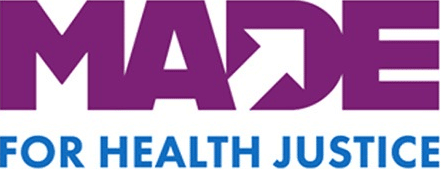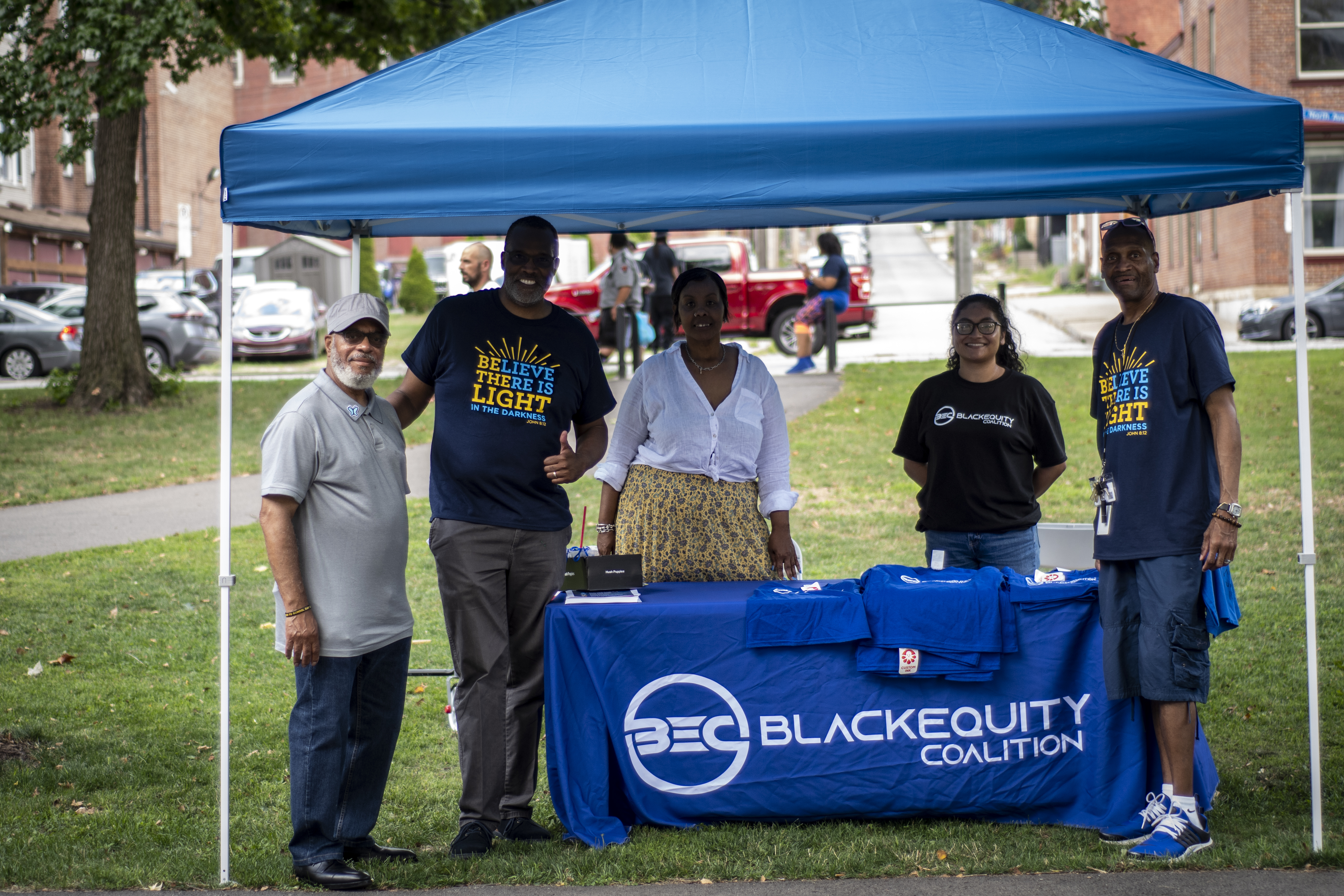Data Justice for Pittsburgh’s Black Neighborhoods is building power in the City of Pittsburgh and Allegheny County’s Black communities that have been harmed by residential segregation and disinvestment by improving neighborhoods and the built environment.
The Black Equity Coalition and its partners are working to embed meaningful community participation into local data governance practices and hold public agencies accountable for their use of data and technology. Their local data ecosystem is helping to ensure that sufficient resources are devoted to producing and sharing high-quality data that addresses environmental challenges affecting Pittsburgh’s Black communities. Residents of the Larimer neighborhood are generating community data on traffic safety through the Neighborhood Power Building Project.
Data Justice for Pittsburgh’s Black Neighborhoods partners:
- Black Equity Coalition
- Carnegie Mellon University Community Robotics
- Education and Technology Empowerment (CREATE) Lab
- City of Pittsburgh
- The Forbes Funds
- Gateway Medical Society
- POISE Foundation
- University of Pittsburgh Center for Health Equity
- University of Pittsburgh Center for Social and Urban Research
- Western Pennsylvania Regional Data Center (WPRDC)
- UrbanKind Institute
Photos Courtesy of Black Equity Coalition








